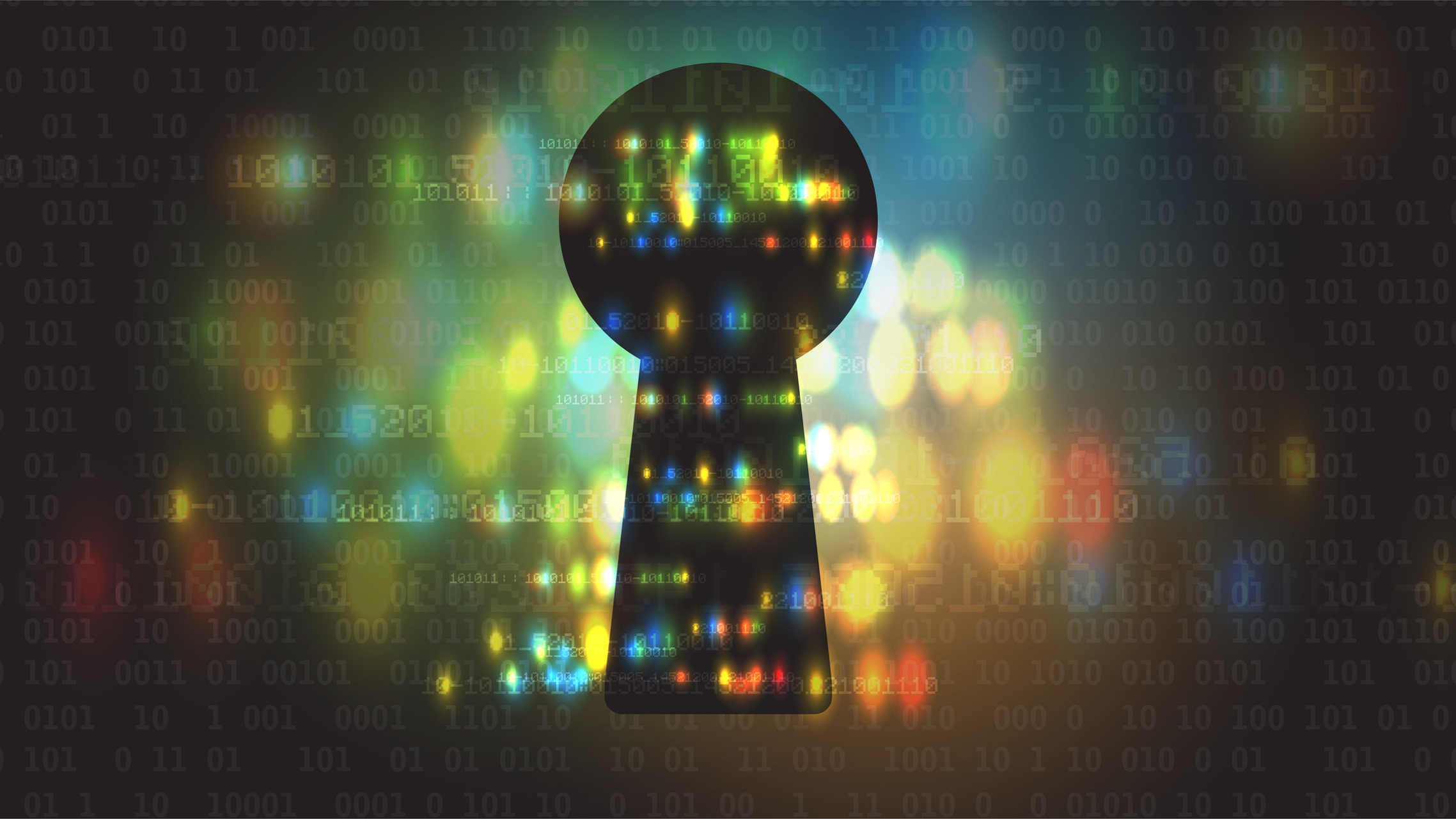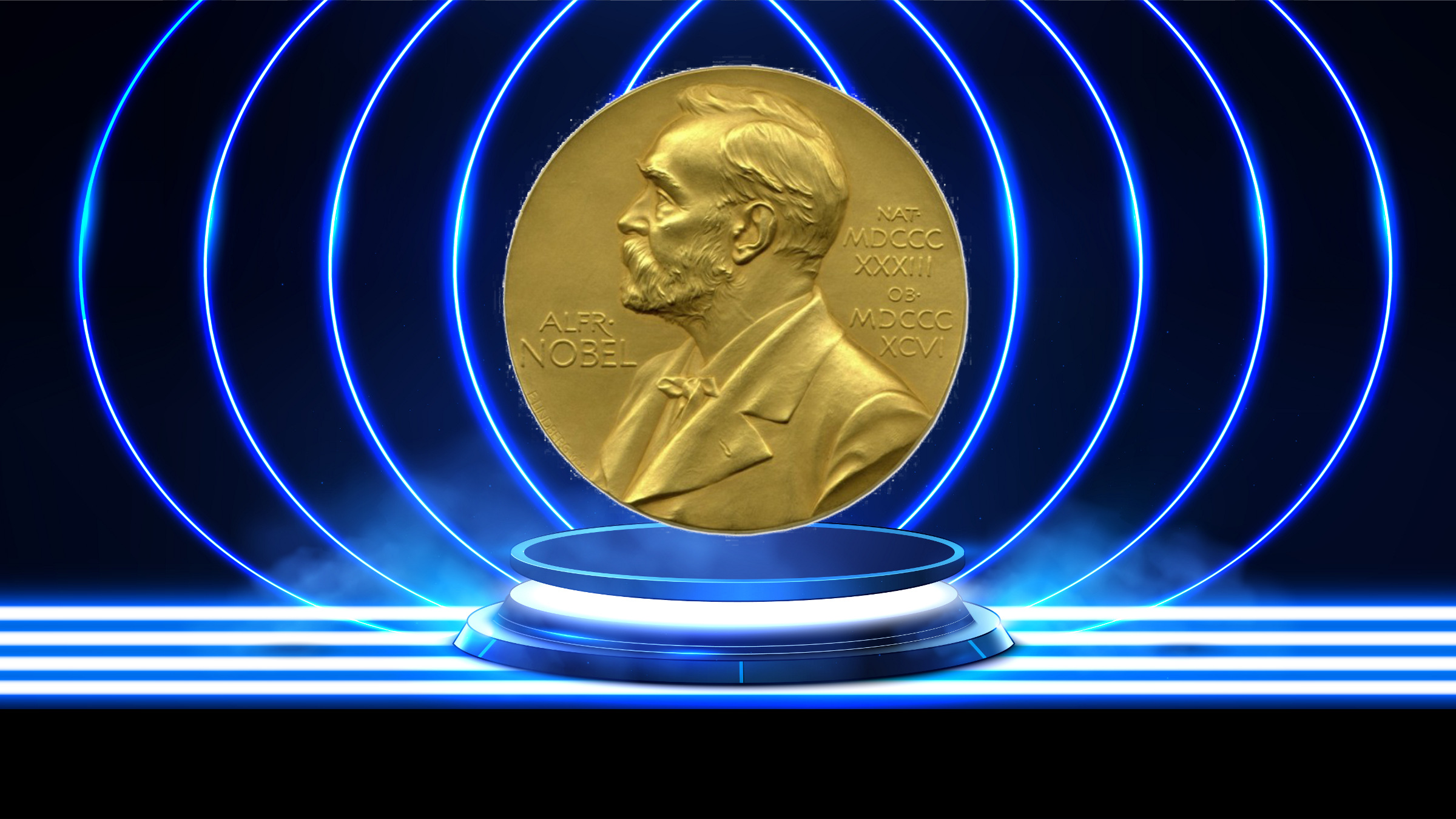Interest in the use of computers for improving a democracy widely considered decayed seems to be increasing with the growing use of the Internet. Indeed, a recent AltaVista search for "electronic democracy" yielded well over 5,000 pages. Much of this material discusses projects trying to make an impact on democratic practices.
Electronic democracy, sometimes teledemocracy or digital democracy, are terms often used synonymously to refer to the use of information and communications technologies (ICTs) to connect politicians and citizens by means of information, voting, polling, or discussion.
This implicit definition seems widespread; people often refer to e-democracy as something you can be "for" or "against" [2]. Since no one living in democratic countries is against democracy (with the exception of marginal groups), then it must be the "e" people find objectionable. E-democracy is generally seen as a tool for abandoning the representative democratic system for one with more direct citizen input (sometimes referred to as "quick democracy;" see Åström’s article in this section). Arguments against e-democracy are similar to those against direct democracy, such as the risk of populism, lower-level political discourse, loss of deliberation, creating an unclear role of politicians, and instability of democratic institutions, among others. Additional arguments specific to the electronic medium include issues of security and privacy.
The articles in this special section present a more inclusive view of e-democracy. The argument is that the role of the electronic medium in the democratic system extends far beyond electronic town hall meetings and polling. The use of ICT permeates most activities related to societal planning, governance, and political organization, including organization in the civil society, which means using ICT also has implications for working democracy in representative systems. Therefore, to understand the role of ICT in the working process of the democratic system, e-democracy research should be framed in a context encompassing all aspects of the system.
One requirement for the system—besides formal rule by the people—is the ability to make things happen; it needs to be both effective and efficient. Democracy needs good citizens and good institutions. From this perspective, democracy can be illustrated as a large business occupying thousands of professionals of different specialties working in different fields of numerous processes concerned with passing proposals from the stage of ideas to the stage of operation. This includes activities of research, planning, implementation, administration, evaluation, decision making, propaganda, communication, and many other issues of which public debate is only a small part. We can see democracy as a connected set of activities making up a whole, much like we do in the business area. Electronic government is then parallel to business administration with the important difference of having a democratic key signature. As such, it is not possible to be against e-democracy since that would mean abandoning several well-established uses of ICT in many of these activities.
Though the Internet is still not the predominant medium for politics, its importance increases by the day.
The narrow definition of e-democracy makes democracy an option—not a defining part—of the core business of government. The wider definition turns the concepts the other way around with e-democracy encompassing e-government (see Watson and Mundy’s article for a practical illustration). The articles in this special section argue that a broader definition of e-democracy is necessary for understanding the full implications of ICT use. A more encompassing definition would also help make the field more relevant to the debate on the decreasing vitality of democracy and more useful for those trying to achieve changes in the practices of the formal democracy. There are two principal reasons for this claim:
First, studying a narrowly defined e-democracy leads to looking at online voting, discussion, and information projects. In fact, governments and citizens are practicing far more interesting uses of computers, and these practices should be studied from a democratic perspective.
Whenever information technology enters a new field of practice, the debate quickly focuses on how ICT tools can support some activity. Not surprisingly, we have recently seen a number of reports on computer support for voting [4], for supporting professional politicians [6, 7], and the like. Moreover, we have seen the field of community informatics [3, 5] emerge, focusing on virtual groups in civil society.
While computer support for individuals and groups are important, e-democracy studies must move toward a more systematic and comprehensive view of the democratic system, focusing on issues concerning the entire production chain; business procedures, knowledge management, cooperation, and so on.
Voting, professional politics, and social processes in civil society are key elements to the democratic system. However, this trio is not enough. There are more processes that are equally important, maybe even more so. I refer to the everyday administrative processes regarding investigations and proposals over which political debates rage and from which information to citizens is distributed piecemeal via politicians and media. One important feature of these processes is the fact they are already saturated with IT; decision-support systems, simulation tools, visualization tools, ERP systems, systems for economy planning and follow-up, data-mining tools, and so on. The student of working democracy would be well advised to start with the basic daily importance of IT.
Second, ICT is much more than a tool. We live in what Manuel Castells calls a culture of "real virtuality; …a system in which reality itself (that is, people’s material/symbolic existence) is entirely captured, fully immersed in a virtual image setting, in the world of make-believe, in which appearances are not just on the screen through which experience is communicated, but they become the experience…[T]he medium has become so comprehensive, so diversified, so malleable that it absorbs in the same multimedia text the whole of human experience, past, present, and future" [1].
This also means the actors in the democratic system will have to play by the rules of the medium. Castells calls this "informational politics;" if politicians want to reach people, they "must process their projects and strategies through a similar technological medium" regardless of the contents of their political message and ideals. This framing of politics in the media space "impacts not only elections, but political organization, decision-making, and governance, ultimately modifying the nature of the relationship between state and society."
There are light-years between this view of ICT as a medium permeating most of our activities and the view of e-democracy as something you can be "for" or "against." As a practitioner in any field pertaining to the democratic system, you can’t be against a medium that so intrusively and persistently frames all your activities.
Though the Internet is still not the predominant medium for politics, its importance increases by the day. Therefore, important research tasks include examining the many ways in which ICT frames politics. The articles here give some ideas about the issues to cover. They consider three basic nodes—formal politics, the administration, and the civil society—and some of the many processes in which they work and are linked together.
Formal Politics
An important part of any organization is the client-organization encounter. In business this is often called "the moment of truth." It is researched for the purpose of helping personnel to better serve the organization’s mission. Paradoxically, such an encounter in the public sector, which is supposed to act for its citizens, is often referred to as "delivery of information." Anttiroiko reviews the series of European Commission’s initiatives conceived to bring European governments into e-governments and finds a view of citizenship as service recipients rather than active participants. He finds democracy at the margin of a basically techno-economic agenda.
Ågren examines another part of the EU initiatives in the ICT field—the commission’s directives and the ensuing national legislation on privacy protection. He finds the directives so strong that in practice they would prohibit any public political debate online.
Together these articles paint a picture of the EU in practice as strongly against more participatory forms of democracy, focusing on citizens as efficient workers and service users rather than people participating in societal decision-making. In terms of the political models Åström provides, the EU’s efforts offer a very "thin" view of democracy.
There is only a tiny stream of research and development work on the micro societal dialogue, which treats the encounter as an important part of the meeting between society and the citizen. One such stream is represented by Becker who brings 20 years of teledemocratic experiments to the table. Becker considers current initiatives regarding the use of IT for enhancing democracy. His findings exhibit a number of positive results from methods to enhance deliberation, and he is hopeful that "strong," deliberative methods will become standard tools in everyday democracy.
Administration
Decision-making processes are central to democracy because they should work in a democratic way, not just produce decisions. Decision-making processes are found at numerous levels, with different objectives, preconditions, and procedural traditions.
Decision-making processes concerning government activities have infrastructure dimensions such as public equal access and durability. This is true not only for roads and railroads, but also for government services.
Decision processes typically stretch over considerable time and they involve several steps from inception to realization, such as planning, financing, environmental screening, implementation, service provision, control, and evaluation. Most of these processes are administrative and are supported by various ICT tools.
A common feature of these processes is an increasing level of complexity due to more intricate legislation (for example, international), more complicated causal relations (for example, environmental effects) and so on. Thus, there is a need for support. ICT may help because it can extract and visualize certain aspects of a material and assumptions and values can be represented in built-in evaluation models.
Built-in decision models affect people’s ability to share and understand the premises on which decisions are made. These models can be made explicit, or they can be concealed. Such technology has the opportunity to become a rhetorical tool in the hands of politicians as well as a tool for democratic enlightenment and opportunity for exerting influence over decision-making processes on the part of citizens. Work in this area is limited to very few people within the IT field. Indeed, the field of e-democracy could contribute by widening the audience.
Another aspect of such powerful tools and techniques that modern public servants have at their disposal is they strengthen the administrators’ position toward the politicians. They tend to know better than their political counterparts about the real world of the politician’s constituency. Informed citizens approach the public servants directly. Politicians themselves also rely more and more on the expertise, insights, and analytical power of the bureaucracy that are enhanced by ICT developments. In this way important intermediary roles for public servants are evolving. Snellen uses geographic information systems to exemplify this change, and contends it’s time for a new political theory incorporating these new roles.
Watson and Mundy couple e-government and e-democracy focusing on making democracy part of daily operations. Democracy is not just views or opinions, but also a view of where the money goes. They discuss efficiency and effectiveness as two complementary aspects of making democracy work, and they present a strategy for implementation.
La Porte, Demchak, and Friis examine national-level, public agency Web sites in 192 countries for transparency, interactivity, and openness in order to understand the social history of government Web use. Though still in the early days of this social phenomenon, the path technology takes will last for many years to come. This ongoing research inspects the choices made in the evolution of government Web use.
Civil Society
The knowledge about how people live is crucial for politicians. In the early days of democracy, political agitators traveled to factories because that was where the new voters were located. They talked to them, listened to them, and thus learned about their concerns and how they could best be reached with political arguments.
Today’s parallel to the yard outside the factory gates includes virtual societies in various forms; not just the ones designed for political discussions, but all kinds of like-minded groups. The Web has become a professional and social meeting place for many citizens. These forums are their medium of expression. This is where social processes pertaining to formal democracy are formed. Learning about how they work and how people talk and think in and about this medium is crucial for anyone concerned with the revitalization of formal democracy.
Schuler discusses civic culture as the fundament of democracy. He claims community networks are important examples of institutions with the potential to meet critical democratic demands. Seattle Community Network is such an example. Schuler also considers the roles of technology and calls for computer professionals to consider their roles in developing democratic technology. He argues computer science should be considered an embedded practice rather than an instrumental discipline.
Taylor and Burt compare Web sites of voluntary organizations to parliamentary ones on some key democratic values. Taylor and Burt find parliamentary Web sites are not engaging citizens in order to reinvigorate democracy through the development of active forms of citizenship. Voluntary sector bodies, however, are using Web sites to stimulate active citizenship in new and exciting ways. Indeed, the authors see a development where voluntary sector democracy will increase in importance at the expense of parliaments.
We hope these articles exemplify the variety involved in the "framing of politics in the electronic medium," as Castells would say. We predict many important changes in the functioning of the democratic systems due to the ongoing transformation of processes into the framework of the electronic medium. Research on e-democracy could fill an important role in this transformation by engaging in a comprehensive agenda for studying the role of ICT in this change.



Join the Discussion (0)
Become a Member or Sign In to Post a Comment